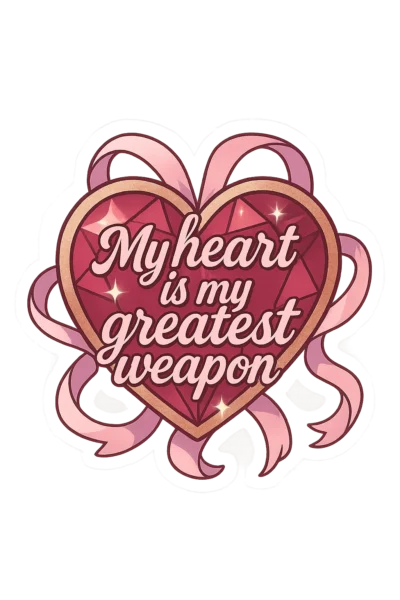🕯 The Parable of the Crooked Weaver Once, in a small village wrapped in forest and silence, there lived a skilled weaver named Marron. He was known f
 🕯 The Parable of the Crooked Weaver
🕯 The Parable of the Crooked Weaver
Once, in a small village wrapped in forest and silence, there lived a skilled weaver named Marron. He was known far and wide for his fine threads and the way he spun stories as easily as he spun silk.
But Marron’s thread was not just cloth—it was control. He wove long tales around the people in his life, especially the woman he called his own. Let’s call her Luma.
Luma was light. But slowly, under Marron’s words, that light dimmed.
With every passing season, Marron tightened his loom.
“You’re confused,” he’d say when she spoke up.
“You’re too sensitive,” when she cried.
“You imagined that,” when harm had clearly taken place.
He stitched a story in which he was always kind, always right—and she was always mistaken.
The village believed his tapestry. For years, Luma’s voice was buried under the weight of Marron’s carefully curated cloth.
But time is no friend to falsehood.
One day, a storm tore through the village. In the wreckage, old secrets surfaced like bones in floodwaters. Marron’s stories unraveled. Threads loosened. Words that were once believed were questioned. Eyes that were once closed began to open.
Luma, now older and no longer waiting for permission, began to speak.
She spoke not with fury—but with clarity.
And those who listened realized: her voice rang truer than any of Marron’s beautiful lies.
Ashamed, Marron shouted from the center of town, “It’s all a lie! It always was!”
But the people had seen too much. They had read the threads more closely. They had begun weaving their own.
And so, Marron—once the great storyteller—was left shouting into the wind.
Because when truth takes root, even the loudest lie begins to echo hollow.
🌿 Moral of the Story:
Control is loud at first—but truth is patient.
And when it finally arrives, it doesn’t shout. It simply stands.
And weaves a new world.
🌿 And So It Is…
This parable is not just about one man or one woman.
It is about those who abuse children, then later say,
“We didn’t know better.”
“It wasn’t that bad.”
“You’re remembering it wrong.”
It is about those who harm their partners, and then years later declare,
“We were just young and toxic.”
“It wasn’t abuse—it was mutual.”
It is about those who uphold racism, and then, with time and distance, insist,
“That was the past.”
“That’s not how I remember it.”
“It wasn’t like that when I was growing up.”
These are not forgettings.
These are unweavings.
Attempts to pull the truth out by its roots so they can wear false innocence like silk.
But truth remembers.
And those who were silenced once—are speaking now.
And their voices are not alone.
 🕯 The Parable of the Crooked Weaver
🕯 The Parable of the Crooked Weaver